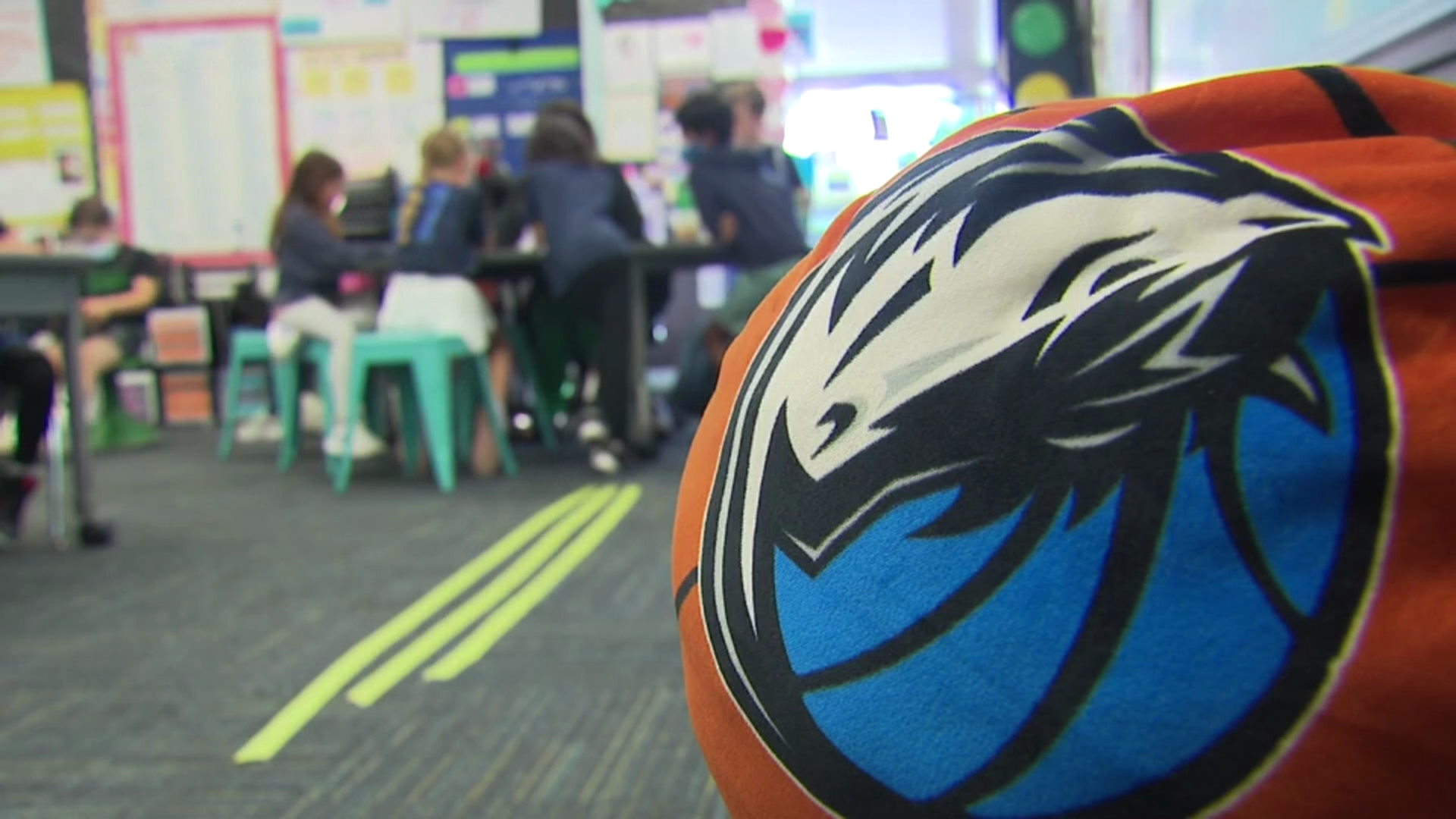If it seems you can't stop checking your Instagram feeds, Snapchat updates or Facebook notifications, you might have a problem.
The phenomenon of social media addiction is new and not much research has been done on the topic.
However, it is considered a subset of internet addiction disorder, which according to the American Psychiatric Association, is characterized by an individual’s lack of control over his or her use of the Internet, resulting in marked distress, preoccupation, mood changes, tolerance, withdrawal and functional impairments of social, occupational and academic performance.
"It tends to activate the rewards center of the brain in a way that cocaine use or alcohol use tends to activate the rewards center of the brain, increasing dopamine which is a pleasure chemical. It works as the same phenomenon," said Dr. Lee Spencer, Addiction Psychiatrist and Medical Director of Chemical Dependency at Texas Health Presbyterian Hospital.
"This is sort of a new problem," Spencer said. "We don’t have a whole lot of awareness out there, but certainly I have patients that are starting to admit that they’re spending an increasing amount of time on their phone and a less amount of time interacting with other people."
He adds that the habit becomes an addiction when social media use leads to negative consequences; yet, users don't limit or stop their time online.
"I hear about car accidents. I hear about people that no longer connect with their families or people around them. They're starting to feel isolated," said Spencer. "They're starting to feel depressed if they're not using some sort of social media outlet. It starts to become a little more pathological when we see people that have these consequences that are adding up and continue to use despite these consequences."
Local
The latest news from around North Texas.
Those consequences also include impaired sleep and feelings of withdrawal when not compulsively checking social media.
Spencer says people who have other addictions are more likely to have internet addictions or Facebook addictions.
He says women, people with low self-esteem, singles and young people are most at risk for social media addiction.



